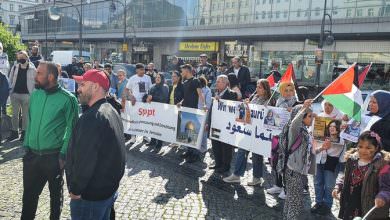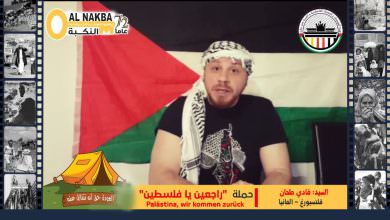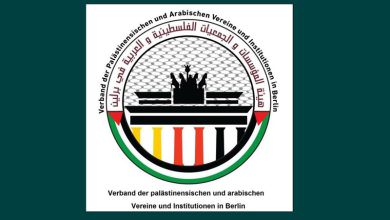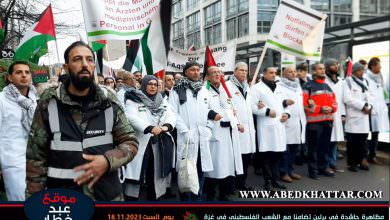Press and the red lines in Lebanon
Posted in Lebanon By Hiba Issawi On December 10, 2013
Journalists in Exile
The process of confronting corruption in all of its forms, whether political, financial or social, is never easy. As journalists, we can’t deny that investigating cases of corruption, when we get some important clues and evidences, is one of the most interesting missions for most of us. It is a big step towards a better country, which is a goal for many journalists who have chosen this mission
However, it may cost a journalist much more than what he expected, to reach his target. No matter how hard he tries to manipulate the assert the rules of Journalism in order to reveal the truth, the process of confronting the corrupt is more risky than adopting the issue itselfThis is what happened to a colleague of mine, Riad Qubeissi, working for Al Jadeed Lebanese TV station. He was working on an episode of TV show Tahta Taaelat El masouleya”-Subject to Accountability”, in which he would reveal the corruption trends of Lebanese customs officials. Al Jadeed TV cameras had recorded operations of smuggled goods and bribery among those officials
Although Qubeissi got a permission from the Lebanese Minister of Finance, Mohamad Safadi, to interview the Director of the Customs General Directorate, Shafiq Merhi, the latter refused to meet him
Merhi evaded his right to respond to the accusation of corruption at the Rafik El Hariri International Airport. It was then that Qubeissi tried another tactic to get a response out of the Director. Qubeissi and his colleagues gathered outside the to the Customs General Directorate in Beirut, using a loudspeaker to ask Merhi the reasons for refusing to comment on the issue
Brigadier General, Ibrahim Shamseddine, and customs officials agents responded brutally. They beat Qubeissi and three of his colleagues, broke some of their cameras and detained them inside the building for a few hours
Corruption is often very hard to be detected through the traditional ways of investigation and by following what is called the “laws and the ethics of journalism”. Therefore, the procedure of clearing doubts and unleashing the truth depends on the journalist’s way and tactic. When in return of the exposure of those big wigs of corruptions, responsibles want to punish the journalist of his way of interrogation, they should leave that for the judiciary and the security forces or talk with the journalist instead of using physical torture
The Al Jadeed crew was fortune enough that some of their cameras survived to witness the attack and draw attention to this event
Of course, this is not the first time when journalists in Lebanon got attacked by officials and people of power, and didn’t receive hardly any protection from the government and the media
Nevertheless, the investigative journalists are those whose pens get broken, whose sounds of freedom gets stolen, and whose dignity gets violated before they receive support from the union and the institutions that defend the freedom of press. Not because of negligence by them, but because the stake holders in Lebanon would probably have to disregard his right to avoid the consequences




